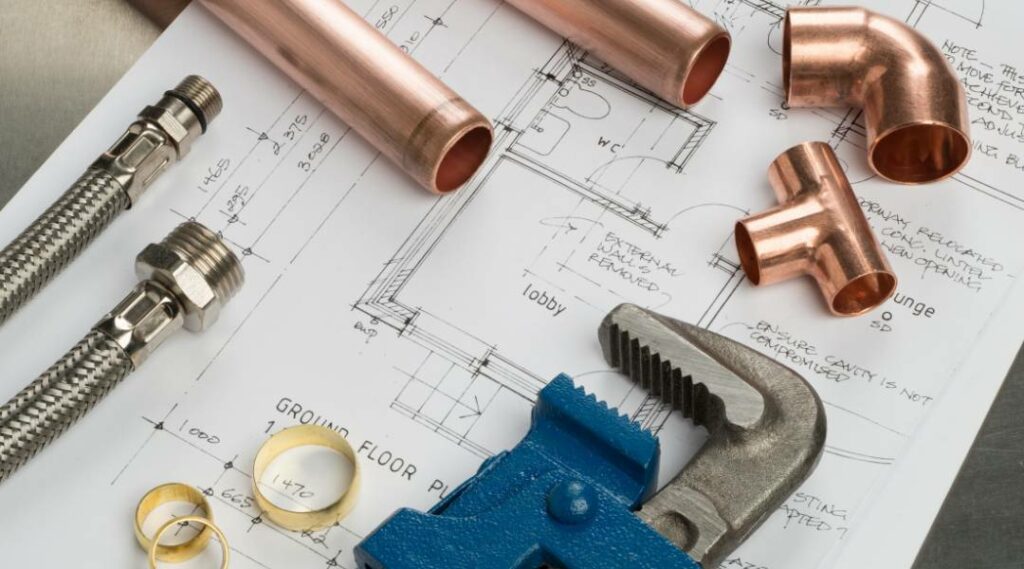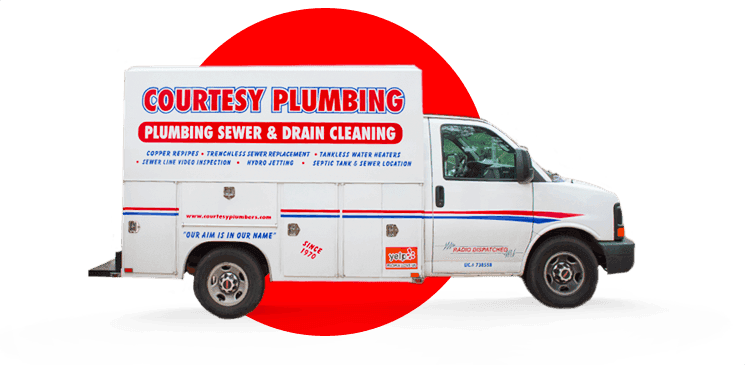Understanding plumbing codes and regulations is crucial for every homeowner. These rules ensure your home’s plumbing system remains safe, reliable, and free from hazards like leaks or mold growth. When you’re informed about Los Angeles County’s specific requirements, making decisions on hiring contractors becomes clearer.
You’ll know if they meet the standards necessary to handle your projects properly. From permits to fixture specifications and backflow prevention measures—knowing these details can significantly impact the safety of your water supply and overall well-being of your household.
Navigating West Covina Regulations
When you’re looking to tackle plumbing projects in your home, understanding West Covina’s specific regulations is key. Consider this: not all plumbing systems and installations are equal—some could pose serious health risks if incorrectly fitted or maintained. Leaks from poor installation can cause water damage or even mold growth.
For the safety of everyone, certain devices, like backflow preventers, must be installed to keep our drinking water clean by preventing contamination. Moreover, don’t overlook the importance of proper drainage and venting in keeping your system running smoothly without clogs or sewer gas leaks. When does it come time to install a new water heater?
Be sure you’re up-to-date on local requirements for safe operation. Want peace of mind with your plumbing needs? Ensure everything complies with Los Angeles County’s codes for efficiency and safety reasons.
Essential Plumbing Code Basics
Plumbing codes ensure safety by mandating how fixtures are installed and materials used. For example, bathroom layouts must not cram fixtures too close, preserving functionality and comfort. When it comes to piping, selecting the right size for drains and vents is crucial—not doing so can lead to poor water flow or dangerous fumes entering your home.
Material choice matters as well; copper pipes are preferred for water supply due to their durability, while PVC is a go-to for drain lines thanks to its resistance against waste-induced corrosion. Venting stands out in importance because improperly vented drains lead to slow drainage and harmful gases leaking indoors. Additionally, ensuring that plumbing doesn’t compromise structural integrity is paramount—modifications like cutting joists for pipe installation might require additional support per the inspector’s advice.
Understanding pressure dynamics plays a role, too; if your house suffers from low pressure, replacing an old valve with a full-bore one could solve this issue without needing complex solutions like booster pumps unless absolutely necessary. Moreover, abiding by specific guidelines, such as using fire caulking around pipes, prevents potential hazards related to fires igniting within walls where plumbing passes through—a detail often overlooked but critical in meeting code standards safely.
Finding a Qualified Local Plumber
Looking for a qualified local plumber means understanding the role of authorities having jurisdiction (AJHs), such as building inspectors from various departments. These officials enforce plumbing codes developed by expert organizations like IAPMO, which creates the Uniform Plumbing Code. To ensure your plumber adheres to these standards, confirm their knowledge of local and model codes reflecting current safety measures and efficient water use practices.
Since violations lead to penalties or insurance issues, hiring professionals familiar with applicable regulations safeguard your project’s compliance and success. Always check they’re up-to-date on permits required for specific tasks in remodeling projects that might affect structural integrity or require significant plumbing adjustments.



